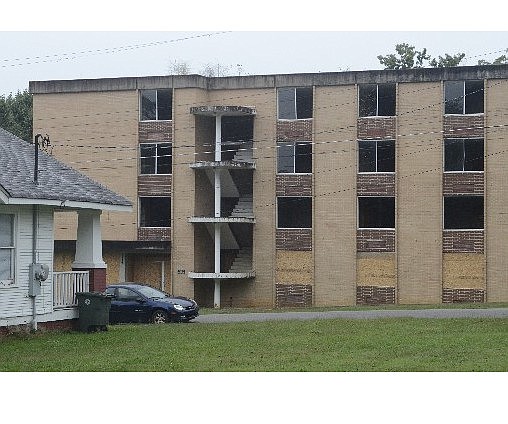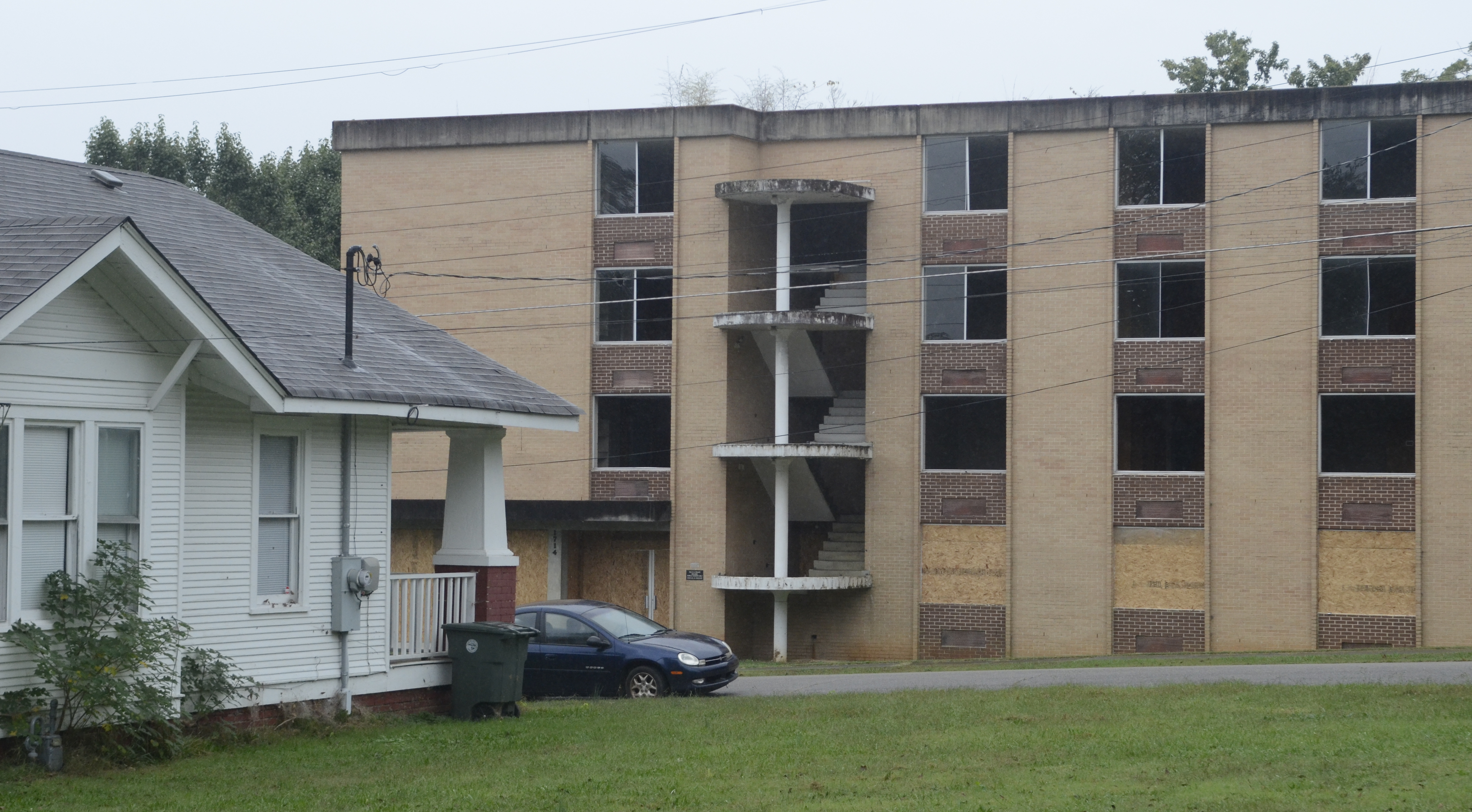Chattanooga Neighborhood Enterprise prepares to bolster Chattanooga's rental housing
Saturday, June 14, 2014
Chattanooga Neighborhood Enterprise, though stung by the loss of $200,000 in city funding, is set to reclaim its role as a provider of low-cost rental housing with the ultimate goal of improving living conditions for 2,000 Scenic City families by 2017.
Officials are pushing the nonprofit, created by U.S. Sen. Bob Corker in 1986 to promote affordable housing, to fund more of its own operations by making loans, securing grants, building homes and creating rental housing, rather than depending on shrinking funding from the city.
"I think you'll find our vision and direction that we're going as an organization is pretty ambitious, and we're excited about it," said John Bridger, chairman of CNE's board.
Chattanooga taxpayers will give CNE $705,000 for fiscal year 2015, down from $900,000 in fiscal year 2014 and $1,087,275 in fiscal year 2013. That's due in part to shifting priorities, and also stems from officials' desire to move some affordable housing functions under the control of City Hall, said City Councilman Moses Freeman.
"There are some things that the city has wanted to do in house, some infill housing and some housing renovations for low-income housing, and that took some money," Freeman said. "So it's an expanded role for the city, and the money has to come from somewhere."
The return to rental housing and the risk that entails marks a turnabout for CNE, which exited the market under financial pressure from former Mayor Ron Littlefield after the agency lost $1.4 million from 2004 to 2005 on rental properties.
CNE sold off most of its rental properties -- about 1,000 of them -- and cut its staff from 50 to 20 in an attempt to refocus on building solid communities.
But new executive director Martina Guilfoil says that the agency's mistake wasn't the actual act of promoting rental housing, which today is in high demand. The mistake was in sloppy execution, and CNE has learned from its blunders, she said.
"I think it's fair to say there has been some criticism in the past that CNE didn't do a good job in terms of managing some of their properties, but that was a function of how you develop the property from day one," she said.
That means the construction of millions of dollars of rental units ranging from duplexes to multi-family apartment buildings that blend into a neighborhood and don't stand out as an eyesore, she said.
It means winning grants to help defray the cost of building or renovating new units, which allows CNE to keep its rent low and maintenance high, she said.
And it means meeting with neighbors in areas affected by new construction to build community support for higher-density communities, and the perks that more people bring with them into a community.
"How we do it is a challenge because resources aren't what they once were, but there are resources out there," she said.
The goal initially is to expand from 29 units currently to 130 units through 2017, which Guilfoil said is an achievable and realistic milestone.
The nonprofit plans to immediately move forward on 40 dwelling units in Highland Park, including two former Tennessee Temple dormitories that today Guilfoil considers "eyesores," 20 new affordable housing units in Alton park, and three new units in St. Elmo.
An application is already in to the Federal Home Loan Bank of Cincinati, which could supply cash to offset the cost of constructing the new rental units. Such offsetting grants from various organizations are the key to creating quality housing that's still accessible to low-income renters.
Guilfoil has plans to meet with Highland Park neighbors in the coming weeks, she said, before setting anything in stone with regard to the mix of rental and single-family units planned for that neighborhood.
"For many neighborhoods, people talk about how they want goods and services in their neighborhood, but we can't get there unless we start densifying communities," she said. "If you have nothing but single family houses and very low density, you can't support grocery stores, restaurants, the type of things that people like to walk to in their neighborhood."
She admits that there will be some concerns by homeowners about a possible influx of renters, which could ignite memories of problem tenants for some neighbors.
"I've heard it before, people say we don't like renters," she said. "I'm thinking, is it renters you don't like or is it irresponsible landlords? CNE is a long time community member, you know, we're in the community, we're not absentee.
Contact staff writer Ellis Smith at 423-757-6315 or esmith@timesfreepress.com with tips and documents.

